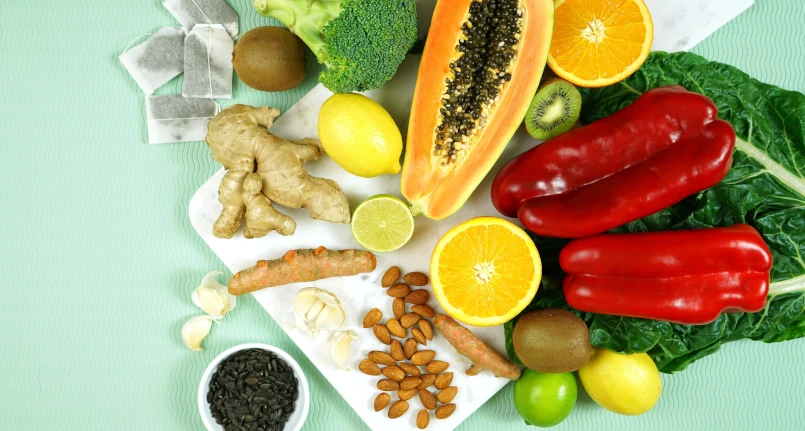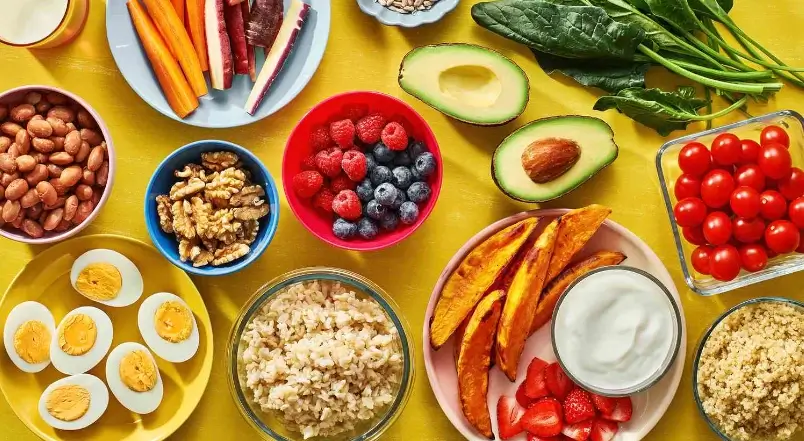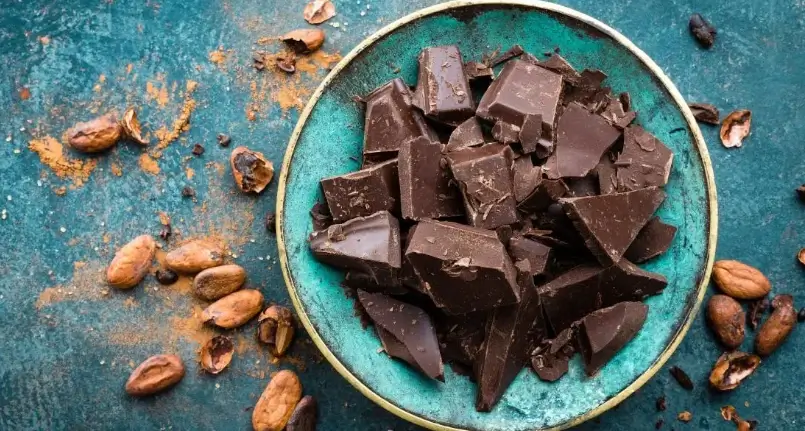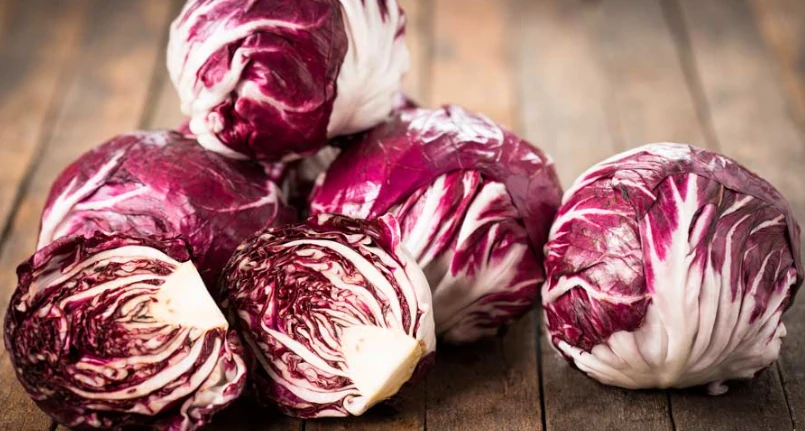- the non-specific or innate immunity, present since birth, which constitutes the first line of defense against external agents, even before exposure to them. It makes use of structures and tissues such as the skin , the mucous membranes of the bronchi and intestines . The immune cells involved in this type of response act readily but with limited specificity. They are macrophages , neutrophils , eosinophils , basophils , mast cells , natural killer cells and dendritic cells;
- specific or acquired immunity has a generally delayed mechanism of action compared to the cells of the innate immune system. it is activated when the body comes into contact with an antigen ( virus , bacterium , vaccine ) and only then is the production of T and B lymphocytes induced . These cells remain in circulation for years and retain a memory of that specific antigen, so that if the same pathogen comes into contact with our body, it recognizes it and quickly produces specific antibodies .
What is needed to strengthen the immune system
The correct behaviors should not be adopted only when needed, such as when we are faced with the attack of pathogens, but on a daily basis. A healthy lifestyle and a balanced and varied diet , followed throughout the year, are the starting point for strengthening our defense barrier. In fact, both individual nutrients and diet can exert a decisive action on the immune response and inflammation. To be healthy, the body needs the right amount of energy, well distributed among the macronutrients (carbohydrates 50-60%, fats 20-25%, proteins15-20%) and the right hydration. The effectiveness of the immune system is guaranteed by the role played by some nutrients such as omega-3 fatty acids , minerals and vitamins and by bioactive compounds such as fibers , polyphenols and probiotics .
Omega-3 fatty acids can regulate cell membrane properties , such as membrane fluidity, and modulate both the immune response and inflammation. Among the dietary polyunsaturated fatty acids (PUFA) we find:
- α-linolenic acid ( ALA), found in nuts and seeds
- eicosapentaenoic acid ( EPA) and docosahexaenoic acid (DHA), present in fish oil .
Minerals , which occupy a significant place in immune defense are:
- iron , a key micronutrient, closely linked to immunity , involved in the proliferation and maturation of immune cells of the specific system. Both animal and vegetable foods are rich in it . The main animal sources are red meat and liver , but also anchovies , anchovies, sea bass and clams . Among the vegetable sources we have lentils , beans , pumpkin seeds , dehydrated fruit such as prunes , raisins and apricots andnuts like cashews and pistachios .
- Zinc , an important element in supporting the immune system, is mainly found in anchovies, cuttlefish and squid , in whole grains such as millet and quinoa , in legumes such as beans, chickpeas and lentils, in dried fruit ( almonds , cashews , hazelnuts , pine nuts ), in pumpkin and sunflower seeds , mushrooms and cocoa .
- Magnesium , an essential trace element to counteract the state of chronic inflammation, abounds in lentils and beans, but also in walnuts, almonds, pumpkin and sunflower seeds , green leafy vegetables . Excellent sources are also bananas and chocolate .
- Selenium , a powerful antioxidant, supports the functionality of the immune system. We make a good supply by introducing fresh tuna , clams, mussels , sole and prawns into the diet . Offal is also rich in it .
- Copper , important for the well-being of the immune system, has an antioxidant action , protecting against the action of free radicals . We can find it in foods such as artichokes , dried fruit such as cashews, walnuts, and pistachios, but also in bitter cocoa .
- Manganese , an element that cannot be missing from our diet , as it acts as a coenzyme in various biological processes such as in the defense systems against free radicals . Among the foods richest in manganese we have red and yellow peppers , yellow plums , whole grains (quinoa, rice , spelt , venere rice ) and dried fruit.
The vitamins that help support the function of our immune system are:
- vitamin A , essential to ensure the integrity of the first defense barriers ( skin and mucous membranes), we find it in some animal foods such as offal and in orange-colored vegetables carrots , pumpkin, tomatoes , apricots, peppers and green vegetables such as rocket , basil , spinach and radicchio .
- Vitamin C promotes iron absorption and protects against infections. We find it in grape juice , currants , citrus fruits , kiwis , strawberries but also in peppers, rocket, broccoli and spinach.
- Vitamin D is involved in regulating the immune system. The foods richest in this micronutrient are: cod liver oil , prawns, egg yolk , tuna , salmon , mackerel and sardines , milk and derivatives.
- Vitamin E is a fat-soluble antioxidant and has immunomodulatory effects. It is found in abundance in extra virgin olive oil , to be consumed raw, and in other vegetable oils ( peanuts , corn , sunflower), in dried fruit (hazelnuts, peanuts, almonds), and in pumpkin seeds and whole grains.
- Folates stimulate the formation of immune cells ( white blood cells ). We find them in chickpeas, broad beans and beans and in vegetables such as broccoli, asparagus , spinach, artichokes, chard .
How do we support the immune system at the table?
The way to prevent disease is to meet the nutritional needs needed by the immune system. For this, we must choose seasonal fruits and vegetables , rich in fiber and antioxidants . They should preferably be eaten raw, because in this way the nutritional properties are preserved; instead cooking , especially if prolonged, could modify its concentration and nutritional value.
Beware of excess sugar and salt . If we want to boost immune defenses , as a snack for adults and children, it’s better to opt for fruit, dried fruit or yogurt .
The main meals should be constructed according to the model suggested by the Healthy Eating Plate of the Harvard TH Chan School of Public Health, which helps us build a healthy and balanced plate. Based on this scheme, half the plate is dedicated to vegetables and fruit, a quarter must be represented by whole grains. Refined ones are not recommended, as they can induce a state of inflammation due to the higher insulin response . The other quarter of your plate should be made up of healthy proteins such as white meats , legumes, eggs and omega 3-rich fatty fish .
Conclusion
Adequate intake of all nutrients and various food groups is a safe and effective strategy that leads to increased resistance to infection and, consequently, a lower chance of getting sick.




